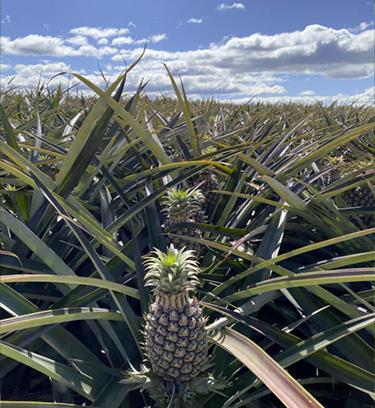Agronomy is the scientific study of plant growth and development. Crop production is the process of producing crops, which involves growing plants to their fullest potential and harvesting them for use or sale. In agronomy, crop production refers to the production of any type of food crop, such as fruits, vegetables, grains, or flowers.
One important aspect of crop production is plant nutrition. Plant nutrients are essential for the growth and development of plants. They help the plants produce food crops, protect them from diseases and pests, and catalyze the biochemical reactions that take place in the plants. The agriculture industry in Australia includes both traditional and modern practices.

As growers and producers, it is important to understand the five essential aspects of agronomy and crop production. These aspects include soil health, irrigation, fertilization, pest management, and crop yield.
Soil health is the first and most important aspect of agronomy. Healthy soil can support a healthy plant and improve crop yields. Poor soil can lead to unattractive plants, decreased yields, and increased pest populations. It is also important to keep soil free of weeds, which can compete with crops for water and nutrients.
Irrigation is another essential aspect of agronomy. Irrigation helps to distribute water evenly across the ground so that plants can get the water they need to grow. Too much or too little water can cause damage to plants and decrease yields. It is also important to irrigate during periods of high or low rainfall so that crops have enough water at all times.
Fertilization is another key aspect of agronomy. Fertilizers help to increase crop yields by providing the nutrients necessary for growth. There are several types of fertilizers available, including organic fertilizers, which are safe for the environment.